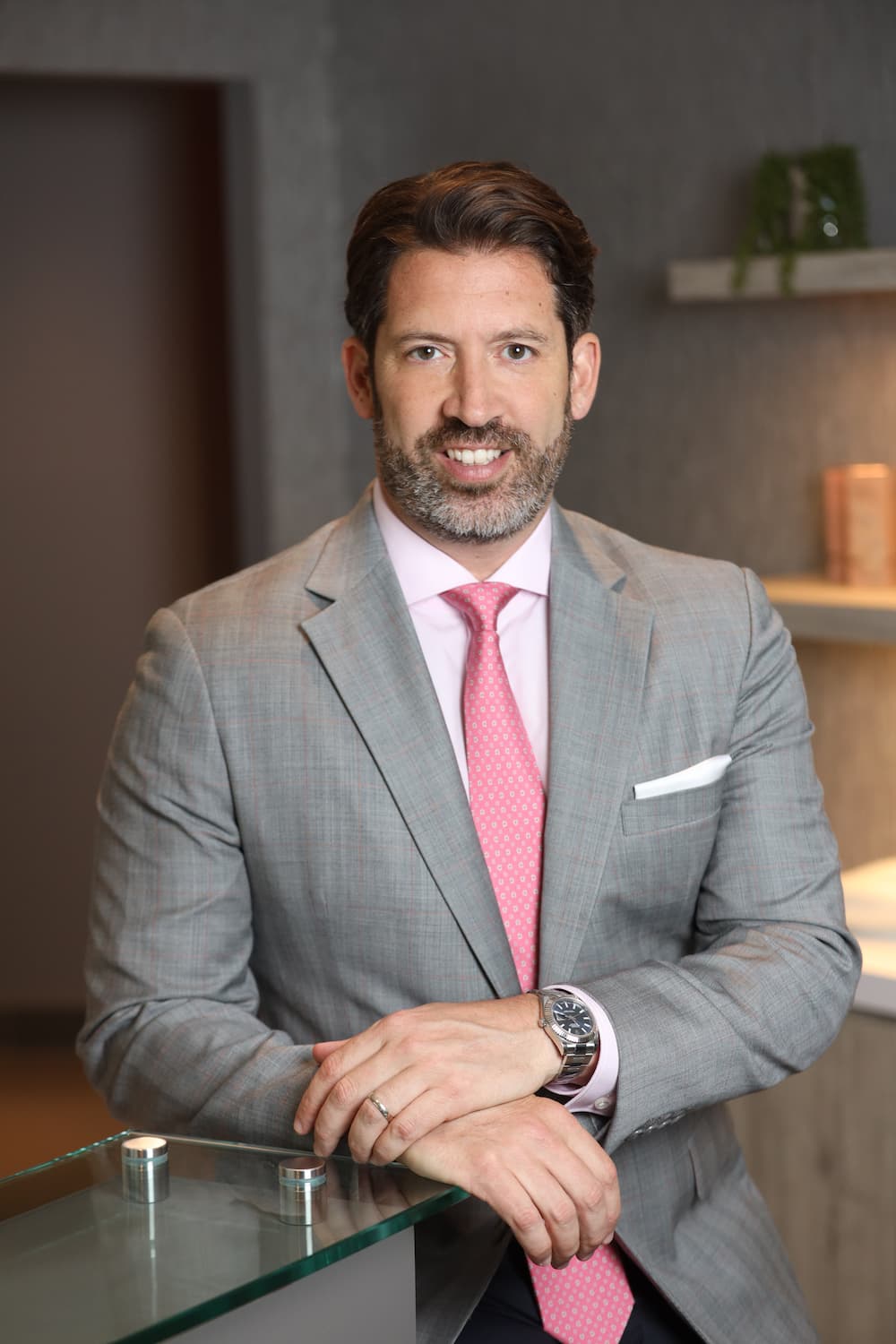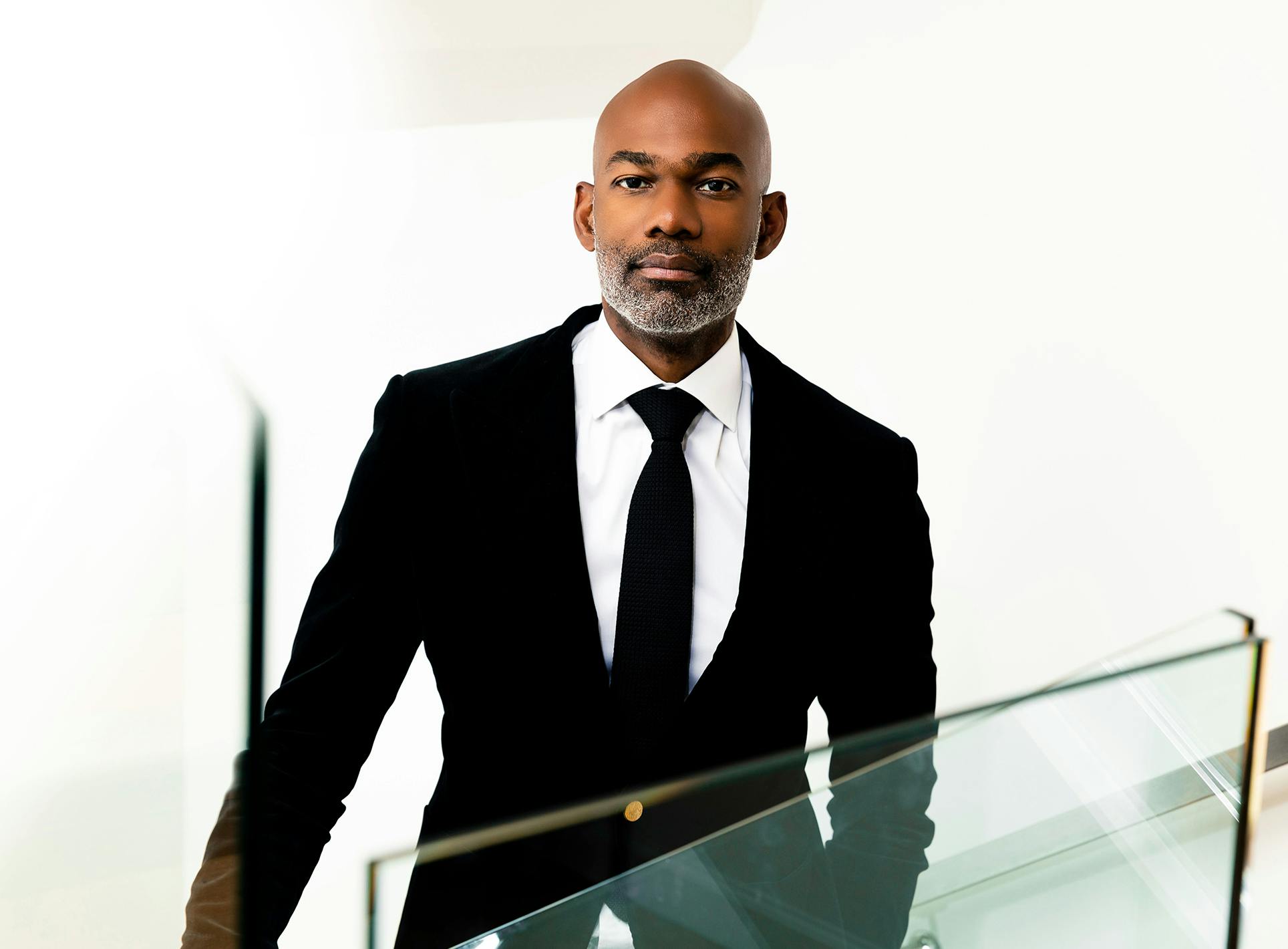Breast Augmentation Rancho Cucamonga: Accomplish Natural-Looking Enhancement with Top Surgeons
Breast Augmentation Rancho Cucamonga: Accomplish Natural-Looking Enhancement with Top Surgeons
Blog Article
Checking Out the Emotional and Social Elements That Drive People to Think About Aesthetic Surgery as a Method of Improvement
The decision to go after plastic surgery often prolongs past mere appearances, linking with emotional and social characteristics that merit thorough assessment. Aspects such as self-worth, prevalent social appeal criteria, and the pervasive impact of social networks merge to shape individual motivations for medical enhancement. As these influences become significantly popular, comprehending the underlying cultural and emotional contexts is necessary. What continues to be to be discovered is the extensive influence these variables have not only on individuality yet likewise on more comprehensive social standards and worths bordering elegance and approval.
The Role of Self-worth
Self-worth significantly affects an individual's choice to pursue cosmetic surgical treatment. Individuals with reduced self-worth commonly view themselves in an adverse light, leading to sensations of insufficiency regarding their physical appearance. This negative self-perception can drive them to look for surgical treatments as a technique of enhancing their self-image. The need for enhancement in one's appearance is frequently connected to a belief that such adjustments will certainly boost their general self-respect and confidence.

Ultimately, the function of self-esteem in the decision-making process pertaining to plastic surgery highlights the intricate interplay between body image, personal contentment, and psychological health. Recognizing this partnership is important for health care specialists to make sure that patients are making informed decisions rooted in reasonable expectations and psychological well-being.
Social Charm Standards
Influenced by pervasive media representations and social stories, social appeal standards play a vital duty fit individuals' understandings of their own bodies. These requirements are typically identified by an idealized type of elegance that stresses attributes such as youthfulness, slimness, and symmetry. As these ideals are bolstered with numerous networks, including marketing, television, and movie, individuals frequently internalize these messages, resulting in dissatisfaction with their all-natural appearance.
The ramifications of these societal norms extend beyond visual preferences; they can influence self-confidence, mental health and wellness, and interpersonal relationships. Individuals that view themselves as falling brief of these requirements might experience feelings of inadequacy, prompting a desire for cosmetic surgery as a means of achieving societal authorization. This search is often sustained by the idea that complying with these perfects will improve not just physical look however also social standing and personal fulfillment.

Impact of Social Media Site
The effect of social beauty criteria is further amplified by the increase of social networks systems, where curated images and idealized depictions of appeal are ubiquitous. Individuals are constantly exposed to filteringed system and edited photos, which often depict unattainable physical qualities. This direct exposure cultivates a culture of comparison, leading people to assess their own appearance versus these frequently impractical standards.
Social network influencers and celebrities frequently promote aesthetic treatments, normalizing the notion that surgical enhancements are a practical ways for attaining social perfects (plastic surgery rancho cucamonga). The visibility of these enhancements can produce an understanding that undergoing cosmetic surgical procedure is a conventional method, therefore influencing people to consider similar treatments as a pathway to enhanced self-worth and social approval
In addition, the interactive nature of social networks permits instant comments via likes and remarks, further reinforcing the wish to satisfy prominent beauty requirements. Such communications can exacerbate sensations of insufficiency and drive individuals toward plastic surgery as a way of gaining recognition. Ultimately, social media plays an essential role in shaping perceptions of beauty, which substantially affects the decision-making processes bordering cosmetic surgical treatment.

Cultural Perspectives on Look
Throughout different societies, perceptions of appearance are deeply rooted in historical, social, and financial contexts, shaping people' sights on beauty and worth. In numerous societies, look serves as a substantial pen of identity, influencing social status, expert chances, and individual relationships. As an example, in some societies, light skin is often related to wide my latest blog post range and advantage, while others might glorify darker skin tones as icons of stamina and authenticity.
Additionally, standard appeal standards are frequently bolstered through cultural narratives, media depictions, and family affects, causing varying perfects throughout various regions (plastic surgery rancho cucamonga). In Western societies, the emphasis on young people and fitness frequently drives individuals towards cosmetic improvement, while in specific Eastern societies, more refined changes straightened with conventional aesthetics may be liked
Globalization and the proliferation of digital media have actually even more complicated these characteristics, producing a hybridization of beauty suitables that transcends geographical limits. As individuals progressively navigate these cultural narratives, the stress to comply with details appearance criteria can lead to the desire for cosmetic surgery, showing a complicated interaction of individual desires and social values. Recognizing these social viewpoints is vital in attending to the inspirations behind plastic surgery considerations.
Emotional Influences of Aesthetic Surgical Procedure
Many people seeking plastic surgery record experiencing extensive mental influences that can substantially alter their self-perception and psychological well-being - plastic surgery rancho cucamonga. The desire for physical enhancement usually originates from underlying concerns such as reduced self-confidence, body dysmorphic condition, or social pressures regarding elegance requirements. For some, the prompt post-operative phase can bring about a short-lived increase in positive self-image and fulfillment with their look, fostering a sense of empowerment
Nonetheless, these positive sensations might not be enduring. Research study suggests that while some individuals experience boosted self-worth, others might encounter intense stress and anxiety or clinical depression if their assumptions are not met. This disparity can occur from unrealistic suitables continued by media representation and cultural narratives bordering appeal.
Moreover, the psychological implications of plastic surgery extend past the person. Relationships with family members and good friends may be stressed as social characteristics change, bring about feelings of isolation or alienation. Ultimately, the mental influences of cosmetic surgical procedure are complex and diverse, needing cautious factor to consider by both possible individuals and doctor to guarantee enlightened decision-making and realistic see post expectations.
Verdict
In final thought, the choice to pursue plastic surgery is considerably influenced by a combination of self-esteem issues, social charm requirements, and social viewpoints on appearance. The prevalent reach of social media sites further intensifies these stress, advertising unrealistic suitables that people usually strive to acquire. Understanding these psychological and social aspects is important for attending to the inspirations behind plastic surgery, highlighting the need for a much more nuanced discussion bordering elegance and self-acceptance in modern culture.
The decision to seek cosmetic surgical treatment typically prolongs past plain looks, linking with psychological and social characteristics that warrant complete exam. Inevitably, social media plays a pivotal duty in shaping understandings of appeal, which dramatically influences the decision-making processes surrounding cosmetic surgery.
As individuals significantly browse these social stories, the pressure to adhere to particular appearance standards can lead to the need for cosmetic surgical procedure, mirroring a complex interplay of cultural worths and individual aspirations.In verdict, the choice to seek cosmetic surgery is considerably influenced by a combination of self-esteem concerns, societal beauty requirements, and cultural perspectives on look. Understanding these social and mental factors is essential for addressing the inspirations behind cosmetic internet surgical treatment, highlighting the need for an extra nuanced conversation bordering elegance and self-acceptance in modern society.
Report this page